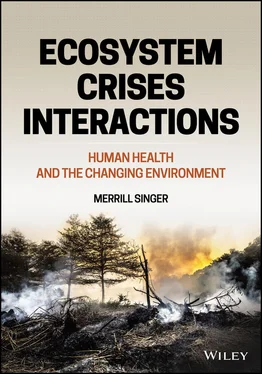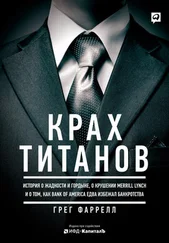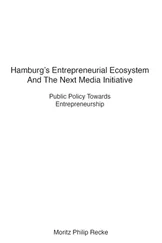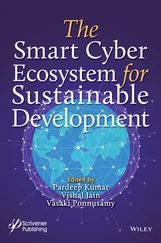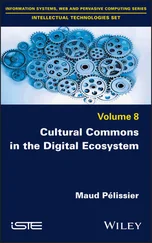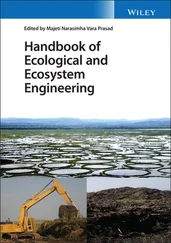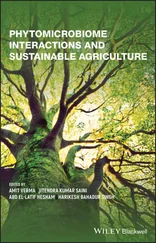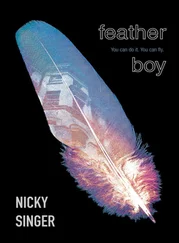While environmental journals have been subjected to the most brutal forms of violence, environmental scientists—especially climate scientists—have been the targets of violent intimidation. The Climate Science Legal Defense Fund (2019), which has assisted numerous researchers who have been harassed and attacked through email, social media, and other online platforms or subjected to more explicit politically motivated personal threats, notes that:
Vicious hate mail and death threats are common occurrences for climate scientists: One was the victim of an anthrax scare. Another had a dead animal dropped on their doorstep—while their child was at home. There are websites devoted to publishing scientists’ contact information, a practice known as doxxing, so that the followers of these sites can flood scientists’ inboxes with threatening messages. Other internet harassment tactics involve posting private details about researchers, such as the names of their family members or home addresses, for harassers to use against them.
These forms of intimidation have also been directed at other kinds of scholars who have written about climate change. A founding member and current board member of the Climate Science Legal Defense Fund, Naomi Oreskes, a science historian at Harvard University, became a target of the anti‐climate science movement in 2004 when she published an article in Science documenting the broad scientific agreement on climate change. Based on an analysis of 928 scientific abstracts with the keywords “global climate change,” she concluded that “there is a scientific consensus on the reality of anthropogenic climate change. Climate scientists have repeatedly tried to make this clear. It is time for the rest of us to listen” (Oreskes 2004, p. 1686). In response to her publication, Oreskes began receiving hate mail, and extremely hostile letters were sent to Science . Many of the letters to the journal were penned by economists and others affiliated with pro‐free market think tanks, such as the Competitive Enterprise Institute. James Inhofe (R‐Oklahoma), a recipient of significant campaign funding from the fuel industry and a science denier who has called global warming a “hoax,” attacked Oreskes by name on the floor of the U.S. Senate. He cited Benny Peiser, a British social scientist, who claimed that his own review showed that fewer than 2 percent of climate studies endorsed the so‐called “consensus view” that human activity is driving global warming, and some actually opposed it. Inhofe was unaware of or failed to acknowledge the fact that Peiser later admitted he could only find one “peer‐reviewed” article that challenged the anthropogenic climate change consensus; this turned out to be published in a journal that is not peer‐reviewed and is owned by a fuel industry organization, the American Association of Petroleum Geologists (Littlemore 2006). Moreover, not a single climate scientist subsequently disputed Oreskes’ finding. Oreskes concluded: “We weren’t being attacked because we’d done something wrong … We were being attacked because we’d done something right. Because we’d explained something significant, we’d laid facts on the table, those facts had implications, and some people were threatened by those implications” (quoted in Cho 2018).
Tyrone Hayes, a biologist at the University of California, Berkeley, notes that the history of such abuse predates the Internet: “Especially in the area of environmental science, it’s mostly been women that have been the target, going all the way back to Rachael Carson” (quoted in Begos 2014). When her book Silent Spring —a groundbreaking science‐based exposé of the environmental harms of pesticide use—was published in 1962, Carson was subjected to vicious personal assaults. The late novelist Michael Crichton—himself an outspoken climate change denier—even branded her “a mass murderess,” directly responsible for the deaths of millions of African children from malaria because her efforts led to a ban on the pesticide DDT in the United States (a chemical to which mosquitoes in Africa already were evolving resistance) (Graham 2012).
Hayes came to personally experience the vitriol of the agricultural chemical industry when he began publishing his research showing that the widely used herbicide atrazine (2‐chloro‐4‐(ethylamino)‐6‐(isopropylamino)‐S‐triazine) is an endocrine disruptor that demasculinizes and feminizes male frogs. He even wrote a poem, “The Atrazine Rap” (Hayes 2008), about ecocrises interaction, which includes the lyrics:
Atrazine ain’t a good thing
it causes male frogs to grow eggs
contributes to extra legs
and exposed males don’t want to sing
If that ain’t enough
when you combine the stuff
with a few other pesticides
it causes greater than additive effects
unpredictable defects
exposed larvae don’t grow
and they develop slow
and they contract diseases that otherwise could be beaten
Appreciating neither his well‐documented science nor his lyricism, Syngenta Crop Protection, the Basel, Switzerland‐based manufacturer of atrazine and initial funder of Hayes’ research, unleashed a barrage of attacks against him through press releases, letters to the editor, and a formal ethics complaint filed with the University of California, Berkeley (Aviv 2014). Internal memos, notes, and e‐mails from Syngenta released during a subsequent class‐action lawsuit revealed how it had conspired to discredit Hayes, including attempting to get scientific journals to retract his publications, investigating his funding, and examining his private life. The documents also showed that Syngenta’s P.R. team had proposed that the company purchase “Tyrone Hayes” as a search term on the Internet, so that any time someone searched for Tyrone’s research findings, the first thing they saw was an advertisement saying, “Tyrone Hayes Not Credible.” Finally, Syngenta launched a multimillion‐dollar no‐holds‐barred campaign to protect its considerable atrazine profits, hiring a detective agency to investigate scientists on a federal advisory panel, digging into the personal life of a judge, and commissioning a psychological profile of Hayes. In 2003, Hayes received a job offer from Duke University. Duke is close to Syngenta’s headquarters in Greensboro, North Carolina and the company’s research center in Research Triangle Park. When Syngenta officials got wind of the offer, they contacted university administrators and had it withdrawn (Howard 2013; Rohr 2018). Subsequently, Steven Milloy, a freelance science columnist and lobbyist with ties to the tobacco and fossil fuel industries and the head of a nonprofit organization, CSRWatch.com, to which Syngenta has given tens of thousands of dollars, wrote an article for Fox News titled “Freaky‐Frog Fraud” in which he attacked a Hayes paper published in Nature , characterized Hayes as a “junk scientist,” ridiculed his “shoddy write‐up [and] shaky research,” and dismissed his “lame” conclusions as “just another of Hayes’ tricks” (Milloy 2015). Hayes weathered the storm and continued his research and publications. By 2001, atrazine was the most commonly detected pesticide contaminating U.S. drinking water, and its safety remains controversial. Ultimately, Syngenta was forced to pay $105 million to more than a thousand Midwestern water utilities in reimbursement for the cost of filtering atrazine out of public drinking water (Duhigg 2009).
The eminent novelist and journalist George Orwell (1953) explained that there were four reasons why he wrote: sheer egoism, aesthetic enthusiasm in words and their right arrangement, a historical impulse to find out true facts and store them up for the use of posterity, and political purpose: to push the world in a certain direction. This book was motivated by similar impulses. The degree to which it is deemed to be dangerous is the degree to which it succeeds in effectively communicating to readers the true and pressing dangers of anthropogenic environmental destruction and motivating them to action. Most desirably, it will be a book of the sort Mary Harris “Mother” Jones (1837–1930), a beloved activist and union organizer who was committed to pushing the world in a certain direction, had in mind when she advised, “Sit down and read. Educate yourself for the coming conflicts” (quoted in Fetherling 2010).
Читать дальше
